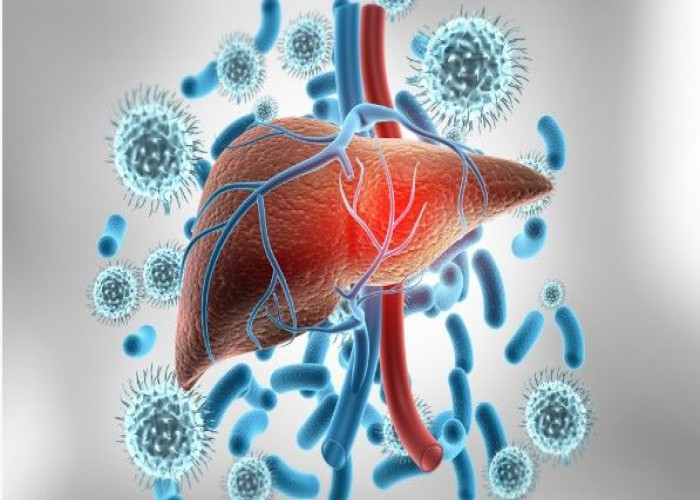 Welcome
Welcome
“May all be happy, may all be healed, may all be at peace and may no one ever suffer."
Hepatitis C
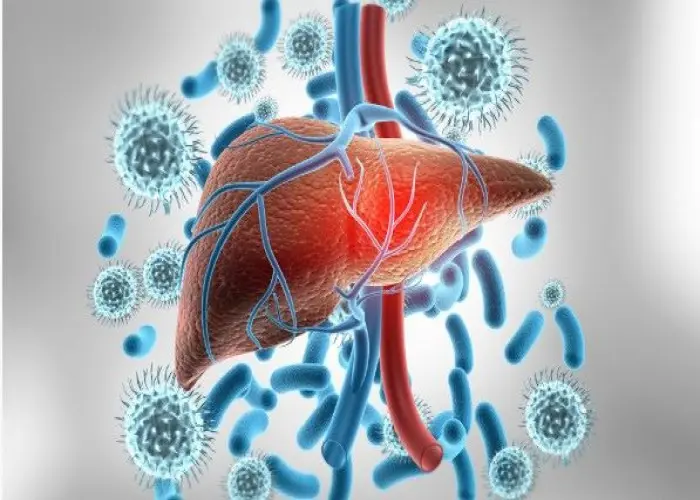
Hepatitis C is a viral infection that affects the liver. It is caused by the hepatitis C virus (HCV), which is transmitted through contact with infected blood. The virus can be spread through sharing of needles or other drug injection equipment, receiving a blood transfusion or organ transplant before 1992, receiving blood products before 1987, or through other means of exposure to infected blood.
Some people who are infected with HCV may not experience any symptoms, while others may develop acute or chronic hepatitis. Acute hepatitis C symptoms can include fatigue, abdominal pain, nausea, vomiting, and jaundice. In many cases, acute hepatitis C can develop into chronic hepatitis C, which can cause serious liver damage, liver failure, and an increased risk of liver cancer.
There is currently no vaccine for hepatitis C, but the infection can be treated with antiviral medications. In recent years, new treatments have been developed that can cure most cases of hepatitis C. It is important to see a healthcare provider if you think you may have been exposed to the virus or if you are experiencing symptoms of hepatitis C. Testing is available to determine if you have the infection, and early diagnosis and treatment can improve outcomes. It is also important to take steps to reduce the risk of exposure to the virus, such as avoiding sharing needles and using safe sex practices.
Research Papers
Disease Signs and Symptoms
- Unusual bleeding
- Shortness of breath, especially when sitting or standing
- Spiderlike blood vessels on skin (spider angiomas)
- Confusion (Hallucinations)
- Weight loss
- Swollen leg
- Fluid buildup in abdomen (ascites)
- Itching
- Dark urine color
- Yellowing of skin and eyes (jaundice)
- Loss of appetite
- Fatigue (Tiredness)
- Excessive bruising
- Hepatitis
Disease Causes
Hepatitis C
Hepatitis C infection is caused by the hepatitis C virus (HCV). The infection spreads when blood contaminated with the virus enters the bloodstream of an uninfected person.
Globally, HCV exists in several distinct forms, known as genotypes. Seven distinct HCV genotypes and more than 67 subtypes have been identified. The most common HCV genotype in the United States is type 1.
Although chronic hepatitis C follows a similar course regardless of the genotype of the infecting virus, treatment recommendations vary depending on viral genotype.
Disease Prevents
Hepatitis C
Protect yourself from hepatitis C infection by taking the following precautions:
- Stop using illicit drugs, particularly if you inject them. If you use illicit drugs, seek help.
- Be cautious about body piercing and tattooing. If you choose to undergo piercing or tattooing, look for a reputable shop. Ask questions beforehand about how the equipment is cleaned. Make sure the employees use sterile needles. If employees won't answer your questions, look for another shop.
- Practice safer sex. Don't engage in unprotected sex with multiple partners or with any partner whose health status is uncertain. Sexual transmission between monogamous couples may occur, but the risk is low.
Disease Treatments
Antiviral medications
Hepatitis C infection is treated with antiviral medications intended to clear the virus from your body. The goal of treatment is to have no hepatitis C virus detected in your body at least 12 weeks after you complete treatment.
Researchers have recently made significant advances in treatment for hepatitis C using new, "direct-acting" antiviral medications, sometimes in combination with existing ones. As a result, people experience better outcomes, fewer side effects and shorter treatment times — some as short as eight weeks. The choice of medications and length of treatment depend on the hepatitis C genotype, presence of existing liver damage, other medical conditions and prior treatments.
Due to the pace of research, recommendations for medications and treatment regimens are changing rapidly. It is therefore best to discuss your treatment options with a specialist.
Throughout treatment your care team will monitor your response to medications.
Liver transplantation
If you have developed serious complications from chronic hepatitis C infection, liver transplantation may be an option. During liver transplantation, the surgeon removes your damaged liver and replaces it with a healthy liver. Most transplanted livers come from deceased donors, though a small number come from living donors who donate a portion of their livers.
In most cases, a liver transplant alone doesn't cure hepatitis C. The infection is likely to return, requiring treatment with antiviral medication to prevent damage to the transplanted liver. Several studies have demonstrated that new, direct-acting antiviral medication regimens are effective at curing post-transplant hepatitis C. At the same time, treatment with direct-acting antivirals can be achieved in appropriately selected patients before liver transplantation.
Vaccinations
Although there is no vaccine for hepatitis C, your doctor will likely recommend that you receive vaccines against the hepatitis A and B viruses. These are separate viruses that also can cause liver damage and complicate the course of chronic hepatitis C.
Disease Diagnoses
Disease Allopathic Generics
Disease Ayurvedic Generics
Disease Homeopathic Generics
Disease yoga
Hepatitis C and Learn More about Diseases
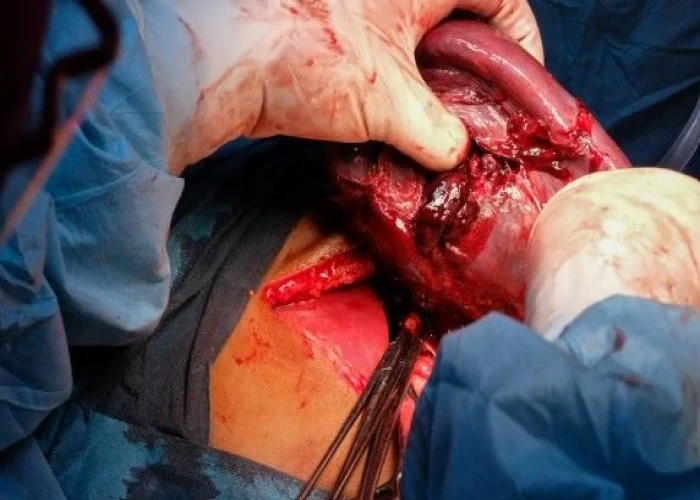
Ruptured spleen

HPV infection

Roseola

Broken collarbone
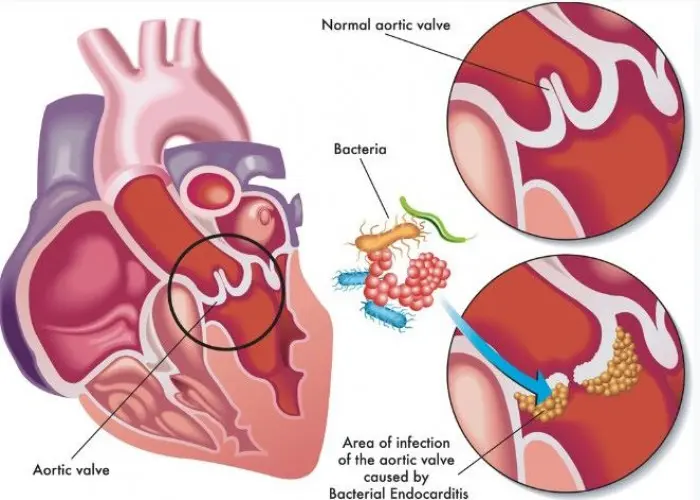
Endocarditis
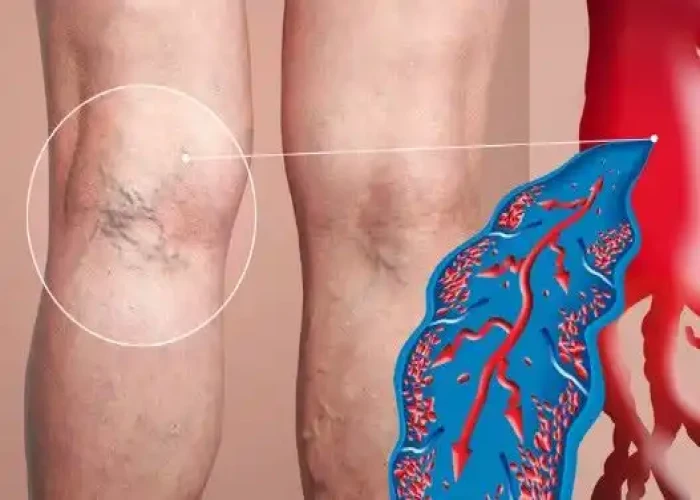
Varicose veins
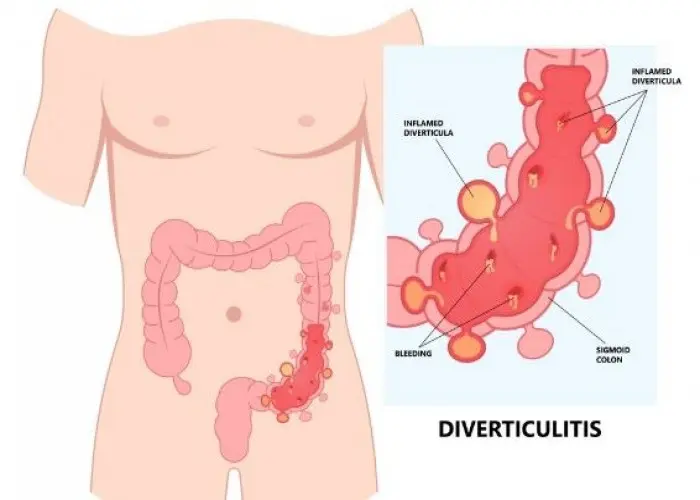
Gastrointestinal bleeding

Complicated grief
hepatitis c, হেপাটাইটিস সি
To be happy, beautiful, healthy, wealthy, hale and long-lived stay with DM3S.
